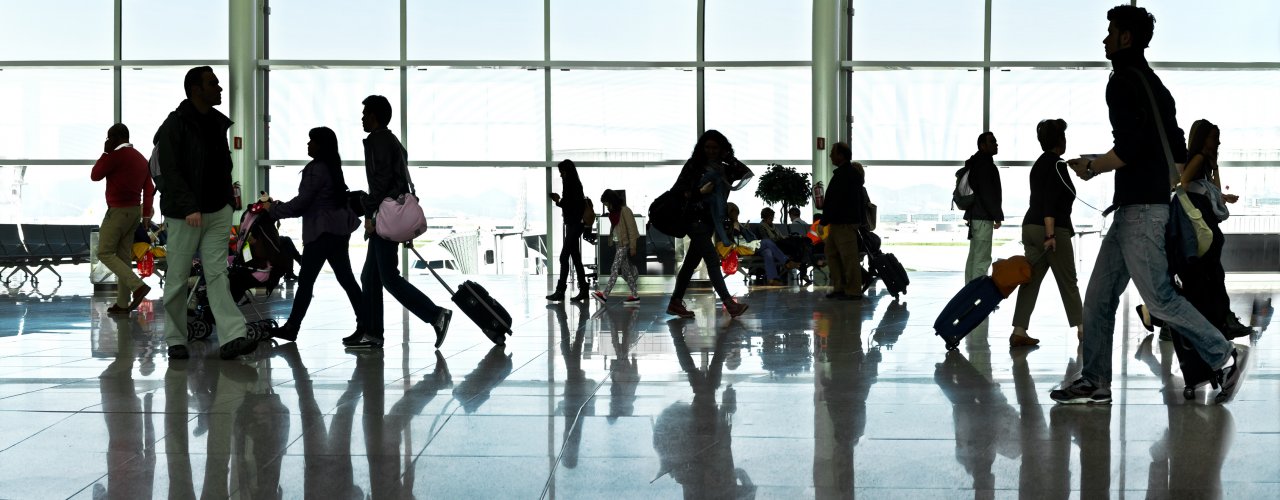Travel Insurance
For urgent and emergent medical needs, Cornell works with Zurich and International SOS to facilitate seamless support for Cornell travelers. Assistance services and insurance benefits are initiated by calling International SOS at +1 215-942-8478 or via the ISOS Assistance App (reference 11BSCA827281).
If you are a registered traveler on Cornell-related international travel you are fully covered—at no cost to you—under an accident, sickness, and emergency care insurance plan that works in tandem with our 24/7 travel assistance. This policy does not cover preventative or routine care, or treatment of pre-existing conditions.
For information about travel insurance coverage and benefits for registered Cornell international travelers, please visit the Office of Risk Management and Insurance.


